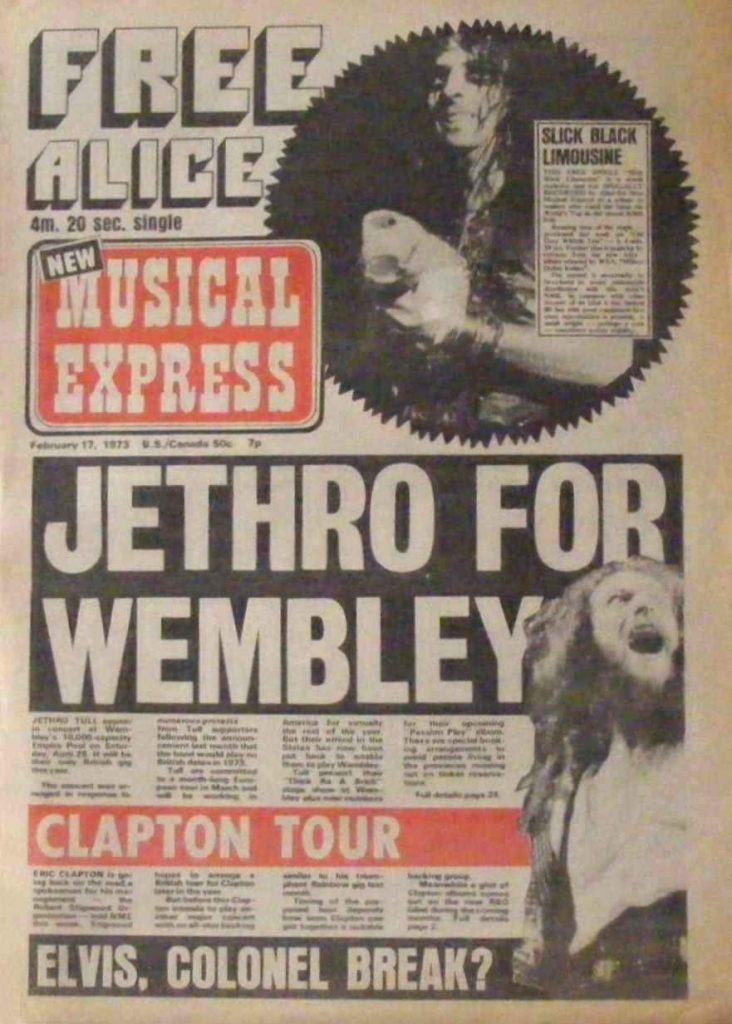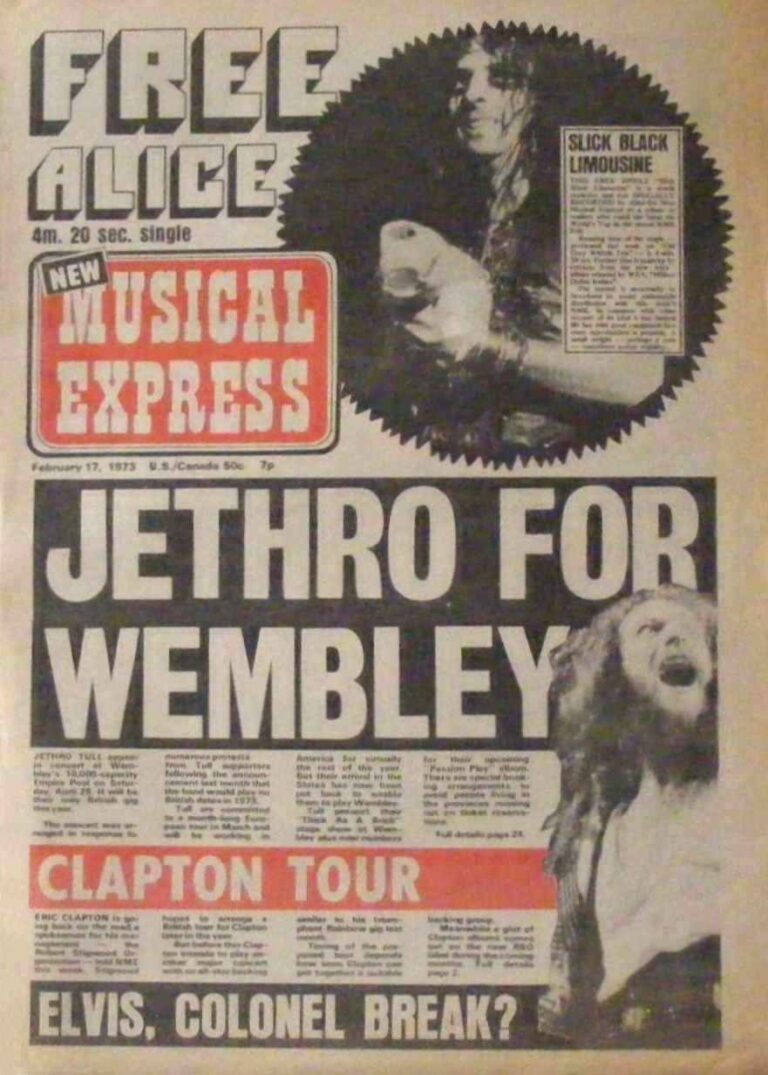 The British music publication NME, officially New Musical Express, has announced that it is ceasing publication of its print edition after 66 years. Once one of the most powerful tools in promoting rock music in the U.K., along with Melody Maker, the weekly NME kept music fans informed of al of the new artists not only from Britain but America and other parts of the world as well.
The British music publication NME, officially New Musical Express, has announced that it is ceasing publication of its print edition after 66 years. Once one of the most powerful tools in promoting rock music in the U.K., along with Melody Maker, the weekly NME kept music fans informed of al of the new artists not only from Britain but America and other parts of the world as well.
The NME.com website will continue, according to an article published in The Guardian, a British newspaper and website. Also, the article states, NME will continue to publish sporadic special issues in print.
NME switched from a paid title to a free one in 2015 when its sales had declined to 15,000. Although the free, ad-supported print edition revived readership to 300,000, the publisher decided to curtail the print edition.
In a quote in the Guardian, Paul Cheal, the U.K. group managing director, music, at NME publisher Time Inc., said, “Our move to free print has helped propel the brand to its biggest ever audience on NME.com. We have also faced increasing production costs and a very tough print advertising market. It is in the digital space where effort and investment will focus to secure a strong future for this famous brand.”
The fate of NME’s employees is not known at this time. Time Inc. U.K. was recently sold to a private equity group.
Related: NME also held polls and staged concerts featuring the winners.
New Musical Express was launched in England in 1952. It was the first British paper to publish a sales chart for singles and featured news stories and interviews with new and established artists. By the 1970s, NME had become the best-selling British music newspaper, largely due to the emergence of punk rock and new wave. In the ’80s and ’90s it switched to a magazine format. The emergence of the internet was a boon to NME, whose website attracted more than seven million visitors a month.
[easy_sign_up title=”Sign up for the Best Classic Bands Newsletter”]
Watch the Beatles perform at the 1964 NME Poll Winners Concert

